- Free Next Day Delivery Available
- Buy today and exchange until 2026
- 3 Year Warranty
- Proudly Employee Owned
Vocal Effects Pedals & Processors
1-11 of 11 productsFilter
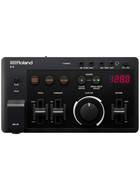
Roland E-4 Aira Compact Voice Tweeker
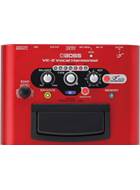
BOSS VE-2 Vocal Harmonist Pedal
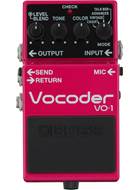
BOSS VO-1 Compact Vocoder
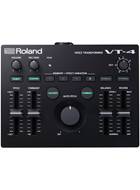
Roland VT-4 Voice Transformer

Roland E-4 Aira Compact Voice Tweeker (Nearly New) #Z5N4489

Roland E-4 Aira Compact Voice Tweeker (Nearly New) #A2R3967
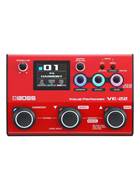
BOSS VE-22 Vocal Performer
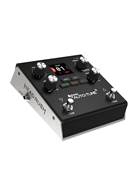
HeadRush VX5 Auto-Tune Pedal
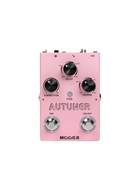
Mooer MVP1 Autuner Vocal Processor Pedal
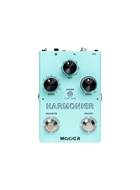
Mooer MVP2 Harmonier Vocal Processor Pedal
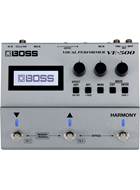
BOSS VE-500 Vocal Performer Pedal
About Vocal Effects Pedals & Processors
Vocal Effects are an excellent way to add extra depth, atmosphere, and character to your performance. Used across nearly all styles of music, Vocal Effects can deliver a more professional sound. Simply plug your microphone cable into the pedal and then another cable to the PA or amp and you're good to go. Vocal Effects are very popular with solo performers as they can help to deliver a fuller sound or add ambience to delicate ballads.
Brands such as BOSS and Roland make a range of Vocal Effects pedals that are reliable, very easy to use, and contain high-quality sounds. Vocal effects processors can provide exciting effects through the use of some commonly used effects such as reverb and delay, and EQ control while others provide looping, harmonising, and pitch correction. Take a look at the available Vocal Effects pedals to get an idea of how they can easily integrate into your live setup and elevate your vocals.
Why Should I Use a Vocal Effects Pedal or Processor?
- Can be used to enhance the best qualities of your voice
- Great for singer-songwriters and solo performers who want a more professional sound
- Adds control over the sound of your own vocals

